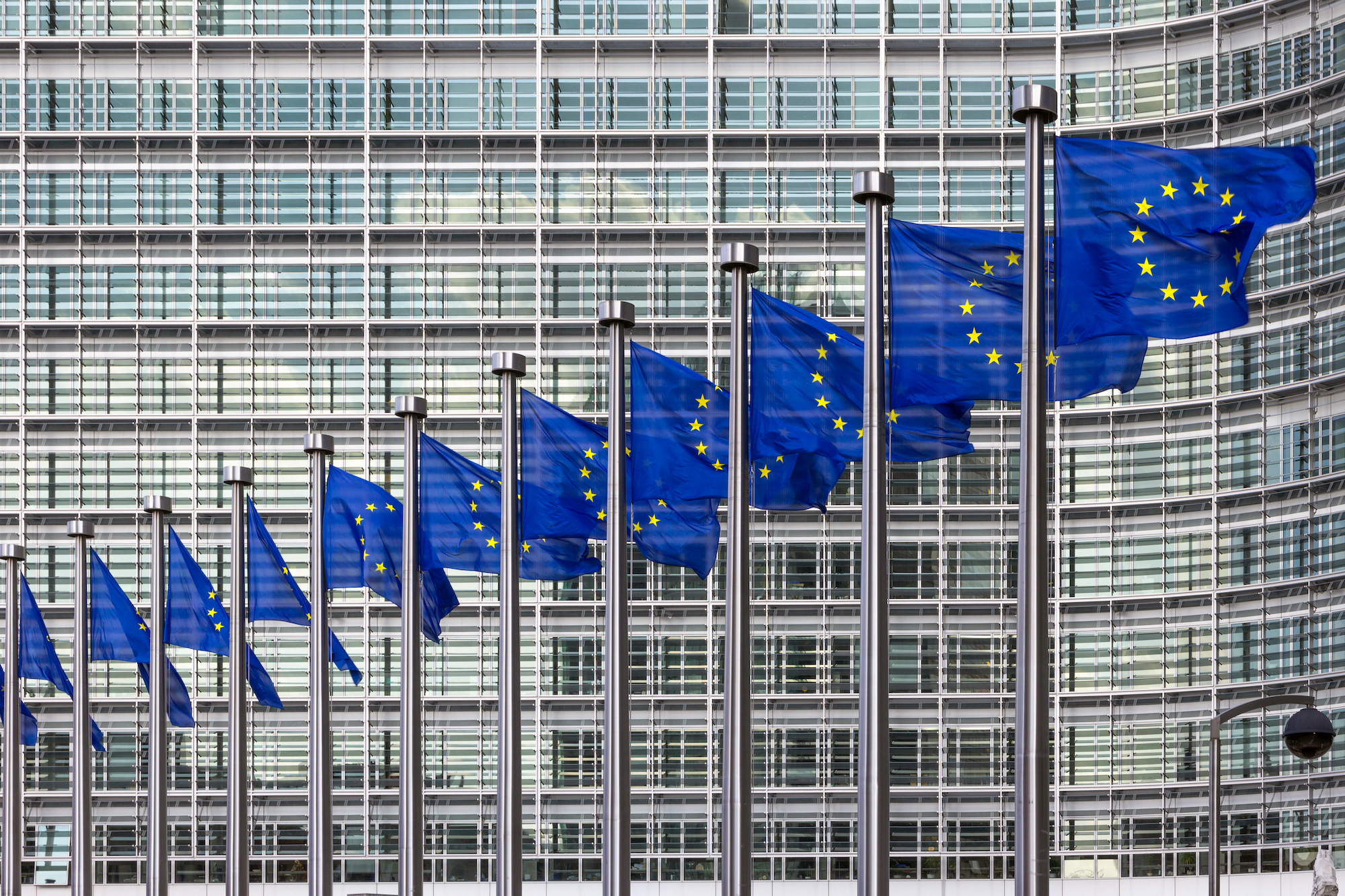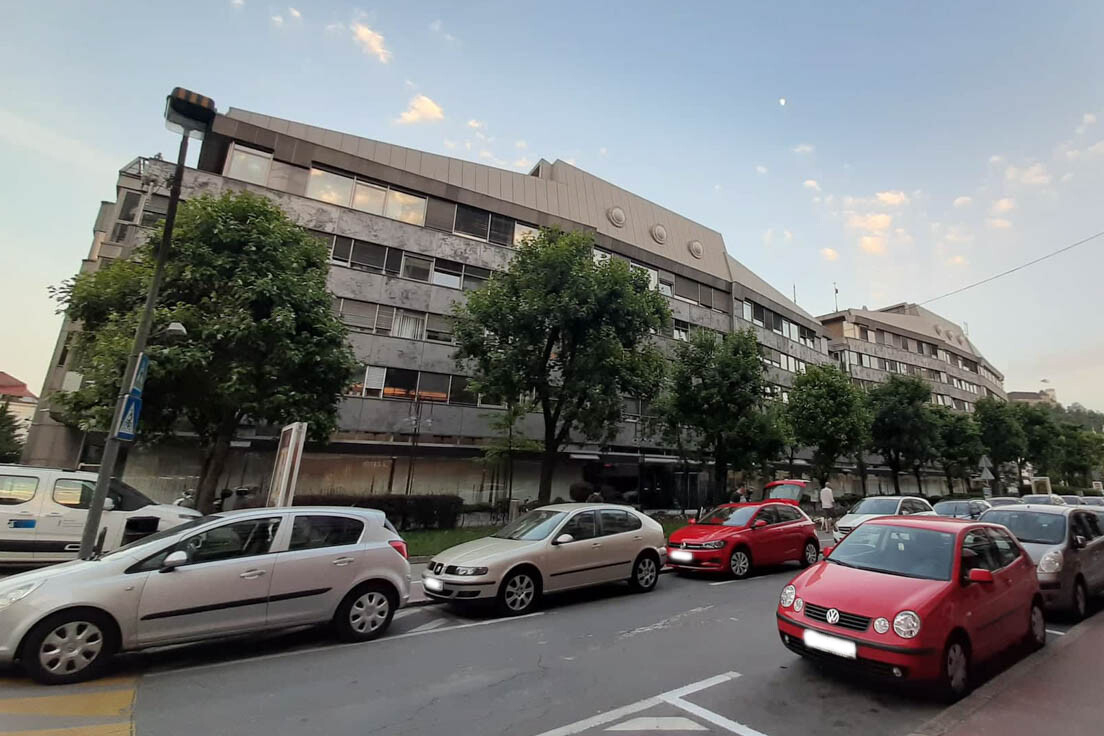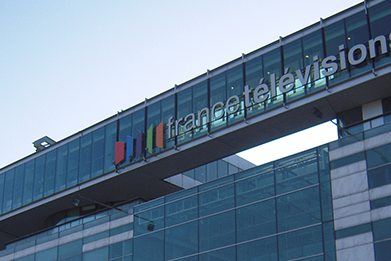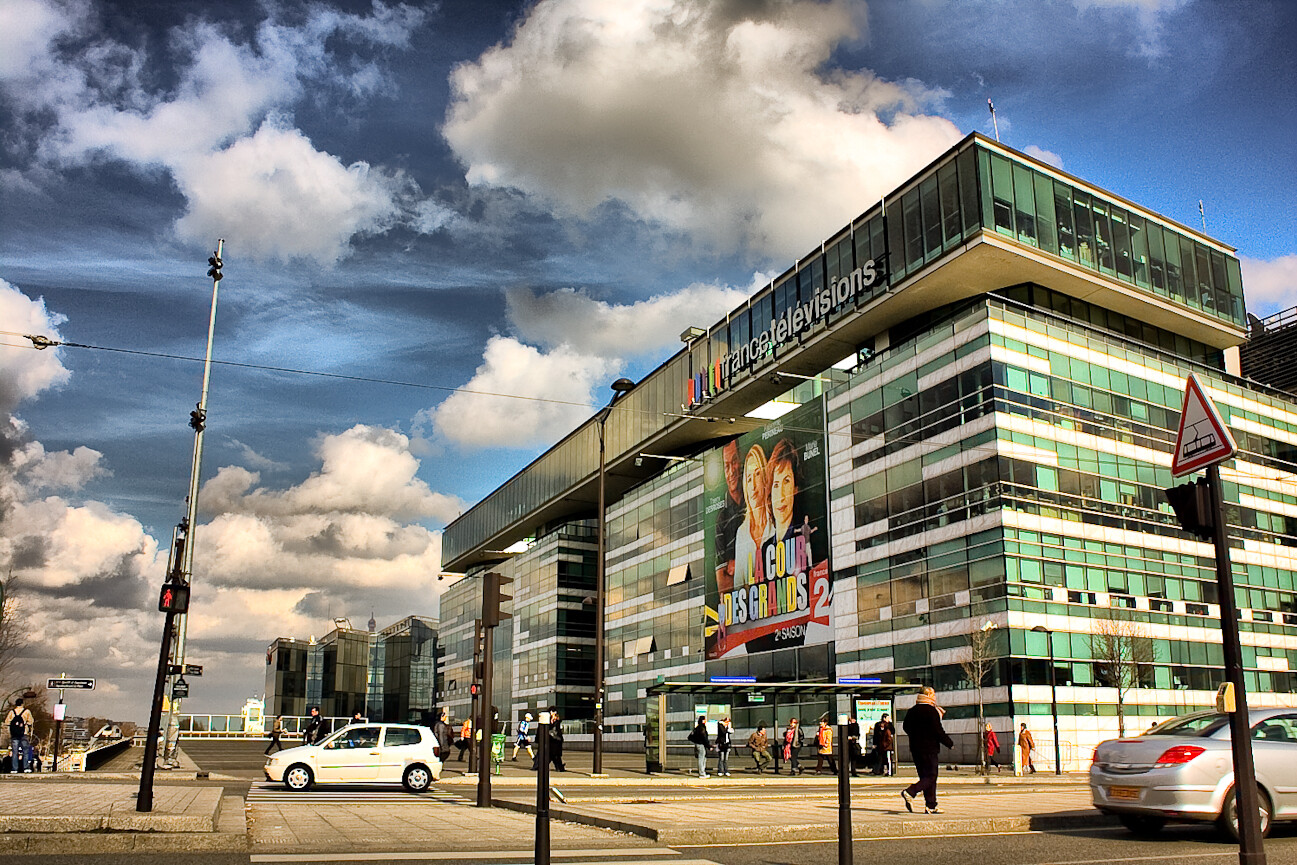Strikes for public media workers across Europe
7th July 2022
Public service media (PSM) organisations in France, Germany and Slovenia have all seen staff strikes over the past couple of weeks, all for different reasons. The industrial actions reflect a worrying reality: European PSMs and their workers are under pressure.
Over just a few weeks, industrial disputes and strikes have occurred at multiple public media organisations across Europe. In each circumstance, public media workers went on strike for different reasons – editorial independence, wage demands, or funding uncertainty.
The coinciding of these strikes demonstrated the varying pressures being exerted on media organisations, and on the staff.
So who has been on strike?
France
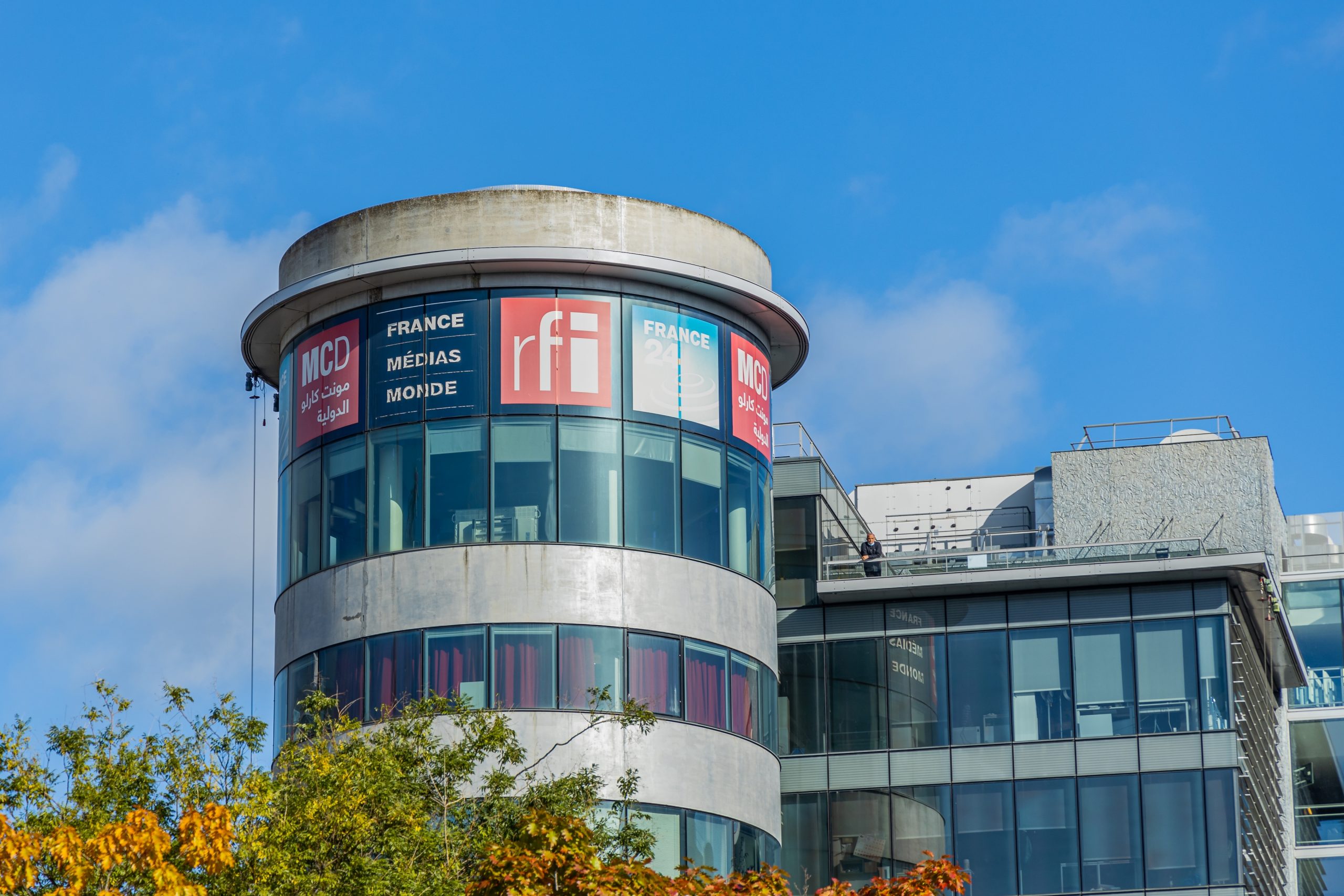
On June 28, staff at France’s three public broadcasters, Radio France, France Télévisions, and France Médias Monde (the parent company of RFI and France 24), went on strike over government proposals to abolish the licence fee.
The licence fee currently costs €138 per year and provides €3.2 billion to the government to fund public service media and other cultural institutions. Ahead of April’s presidential election, the incumbent Emmanuel Macron pledged to remove the licence fee if he won.
France 24, which accepted some programming would be cancelled because of the strikes, has reported the legislation could be tabled as early as July.
The strike was a demonstration against this proposal, amidst wider fears about what changing the funding model might do to the organisation’s independence.
“The public information service must remain independent of the public authorities,” said Pierre Mouchel, central trade union representative of the SNRT CGT France Télévisions.
“This would no longer be the case with a vote on the state budget. This could generate a form of soft pressure, for example by leading journalists to treat interlocutors likely to vote for this budget differently.”
Germany
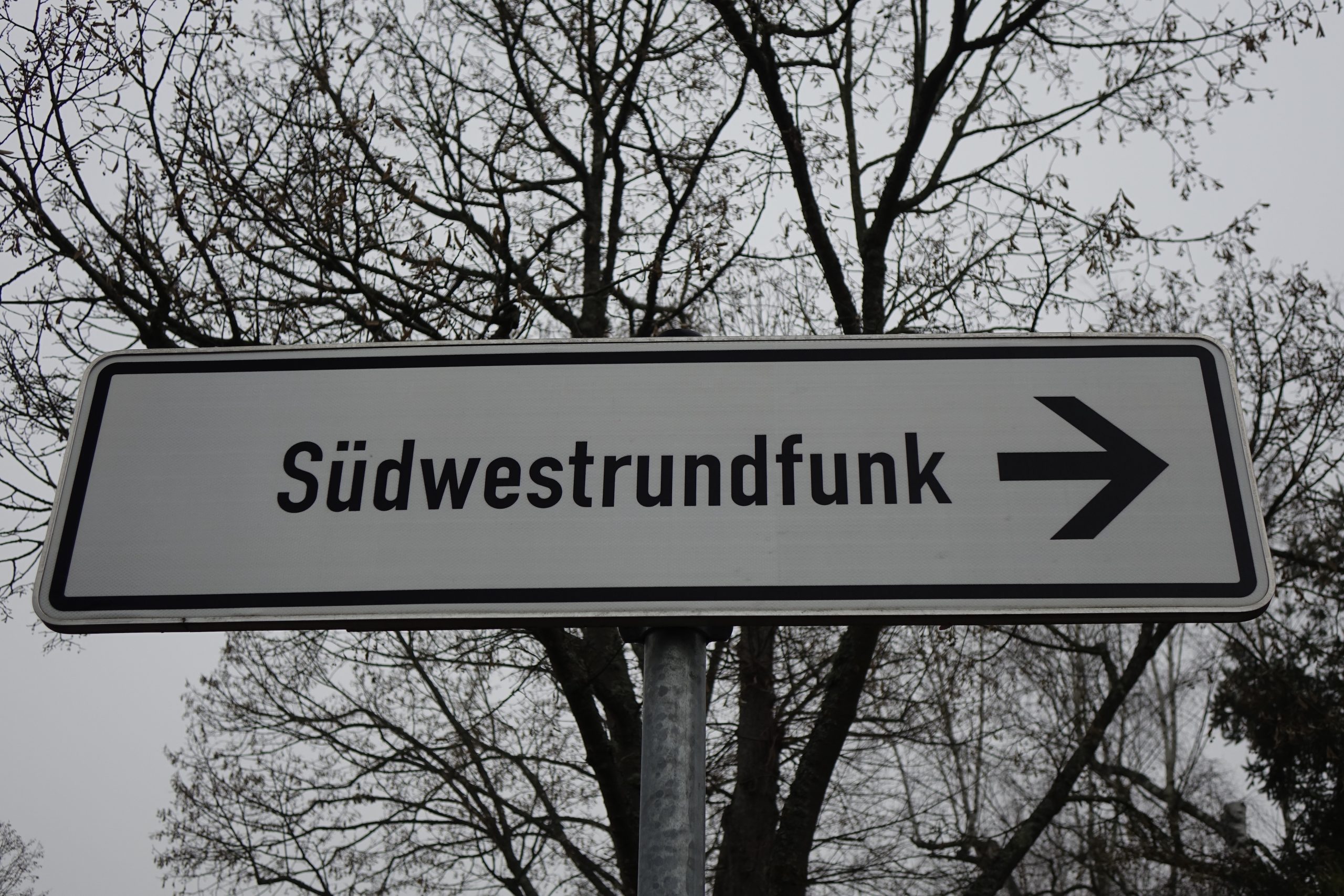
On Monday, a few thousand employees at the regional public broadcaster, Südwestrundfunk (SWR), held a warning strike over a wage increase workers argued does not reflect inflation.
The strike was organised by the ver.di union. “Denying employees the urgently needed compensation for inflation provokes resistance,” said Siegfried Heim, ver.di media coordinator for Baden-Württemberg.
SWR is a regional public media entity, serving audiences in the southwestern federal states of Baden-Württemberg and Rhineland-Palatinate. The entity is the second largest in the ARD – a nationwide broadcaster. It employs over 3,500 people.
The union criticised the fact only a 2.25 percent wage increase had been offered to staff when inflation was much higher. “This specification was made before the start of the Ukraine war and does not do justice to the current situation with inflation rates of well over seven percent,” said Mr. Heim.
Further strikes across other broadcasters could also be “possible elsewhere”, said the Chairman of the German Association of Journalists (DJV), Frank Überall. “This is the right and unfortunately necessary signal to those responsible at the station to appreciate the journalistic work appropriately.”
Slovenia

On 20 June, staff of public broadcaster RTV Slovenia walked out over politicisation within the organisation. When the former Prime Minister, Janez Janša, was in power earlier this year, he appointed a number of political candidates to top executive positions and on the Programme Council and Supervisory Board.
That politicisation has seen a drastic change to news programming and censorship at the broadcaster.
Despite a change in government, staff at RTV Slovenia have been on multiple strikes citing concerns over the organisation’s editorial independence.
President of the RTV Slovenia union, Helena Milinković, said the action was taken because news programme staff were “being prevented by the management and programme leadership from working in line with professional standards.” The group of media workers demanded editorial autonomy and the depoliticization at the public broadcaster.
The new government has looked to bring in legislation which would create greater safeguards and establish RTV Slovenia as a truly independent public media organisation.
But as Helena Milinković told PMA’s podcast, Media Uncovered, “It will take time, because of all the legal processes and the steps they have to take, but this will not happen before the New Year. So we will have to survive until then. How? I’m not sure.”
What does this mean for public service media in Europe?
Even in countries where public service media is consolidated, there are still serious challenges it is facing because of political pressures. Mr. Macron is joined by his counterparts in the UK who are also looking to remove the licence fee, but with no alternative option in place.
Read more: Tunisia: Public media journalists strike over government interference
This has serious ramifications for the long-term stability and viability of public service media.
Meanwhile, what is being demonstrated in Germany is how, as a public institution, industrial conflicts are likely to become a feature globally. Due to the high rise of inflation, it seems difficult for public service media organisations – while they remain financially constrained – to be able to stay level with inflation. This in turn will impact services – as has already been seen at public broadcasters like Czech Television – and the media workers themselves.
What the strikes in the Slovenia show is how public media entities can be undermined and infiltrated by governments, even once they had moved out of office. It demonstrates the need for proper, workable safeguards on an editorial, governance, and financial level.
Ultimately, these three strikes show how all types of public media organisations and their staff are facing difficulties related to global events and trends. At a time when public media organisations have never been more needed to provide reliable information, the organisations themselves are facing critical challenges themselves. It is imperative they are given the support and funding to carry on their public service.
Related Posts
27th May 2022
RTV Slovenija staff strike for independence of public media
Employees of Slovenia’s public…
17th March 2022
France: Public media scrutinised ahead of election
Ahead of France's presidential election…
31st January 2022
France: Media concentration inquiry highlights value of public media
The ongoing French media concentration…
